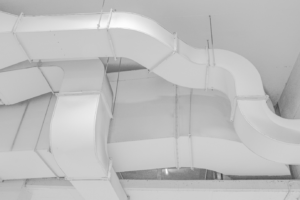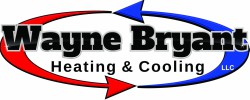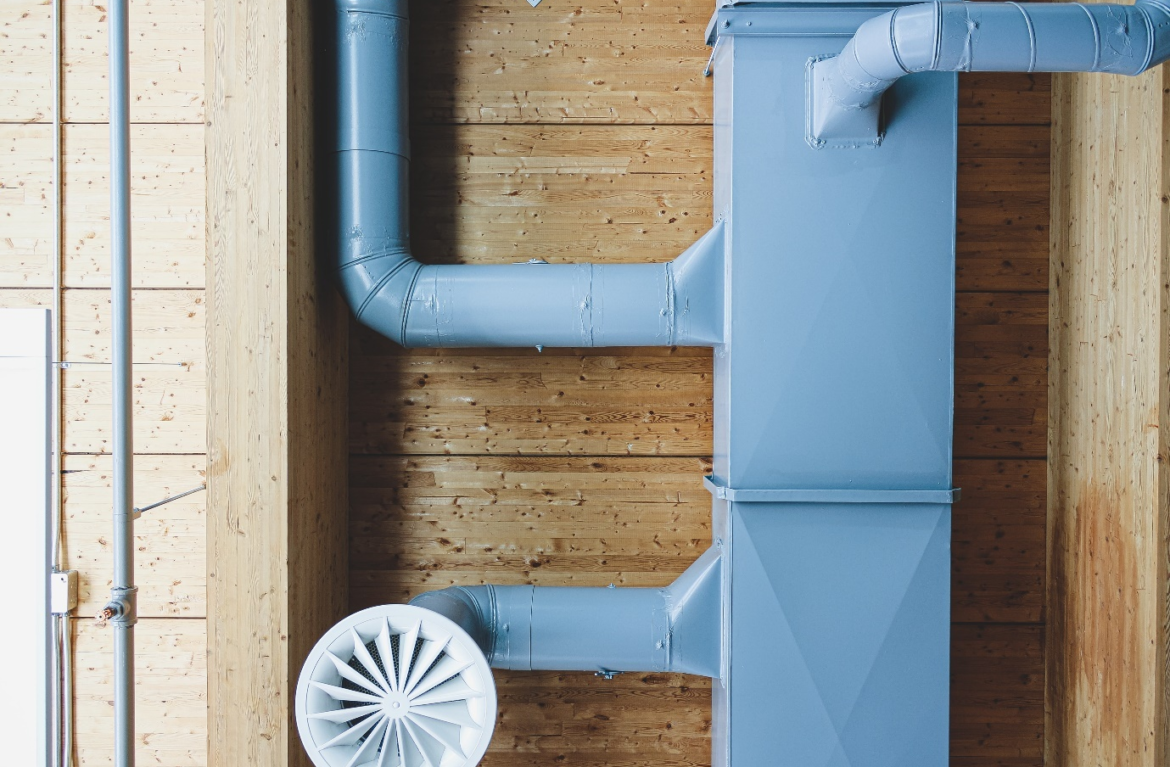As the temperature rises, understanding home cooling systems basics can help you make informed decisions when selecting and maintaining the right cooling system for your home.
This blog will discuss the fundamental aspects of home cooling systems that every homeowner should know.
Types of Home Cooling Systems
Several types of home cooling systems in Fuquay-Varina are available, each with advantages and considerations. The most common types include:
- Central Air Conditioning: This system cools the entire house by distributing cool air through ducts and vents. It requires professional installation and is best suited for larger homes.
- Window Air Conditioners: These units are designed to cool individual rooms and are installed in a window or a specially-made opening in a wall. Window air conditioners are relatively affordable and easy to install, making them suitable for smaller spaces.
- Ductless Mini-Split Systems: These systems include an outdoor compressor unit and one or more indoor air handlers. They offer zoned cooling, allowing you to control the temperature of different areas independently. Ductless mini-split systems are ideal for homes without ductwork and for specific cooling needs.
Energy Efficiency
When considering a home cooling system, looking for energy-efficient options is essential. Energy-efficient systems reduce your carbon footprint and help save on utility bills.
Look for systems with high SEER (Seasonal Energy Efficiency Ratio) ratings, indicating better energy efficiency. Additionally, proper insulation and regular maintenance can improve the efficiency of your cooling system.

Sizing and Load Calculation
Choosing the right size for your cooling system is crucial. An undersized unit will struggle to cool your home adequately, while an oversized one will cycle on and off frequently, resulting in inefficient operation.
A professional load calculation considers factors like square footage, insulation, and heat gain to determine the appropriate cooling capacity for your home.
Maintenance and Care
Regular maintenance is vital to ensure your cooling system’s optimal performance and longevity. Some maintenance tasks include cleaning or replacing air filters, clearing debris around outdoor units, checking refrigerant levels, and scheduling professional inspections.
Following the manufacturer’s guidelines and consulting with HVAC professionals will help keep your system running smoothly.
Energy-Saving Tips
Apart from selecting an energy-efficient cooling system, there are additional steps you can take to reduce energy consumption and maximize the effectiveness of your system.
These include setting the thermostat at an appropriate temperature, using ceiling fans to enhance air circulation, closing curtains during peak sunlight, and sealing air leaks around windows and doors.
Understanding home cooling systems basics empowers homeowners to make informed decisions regarding selecting, maintaining, and optimizing their cooling systems.
Stay informed, and don’t hesitate to ask us at Wayne Bryant Heating & Cooling for expert advice tailored to your needs. You can call us for home cooling systems, HVAC or heating system repair or cooling system installation in Clayton!

